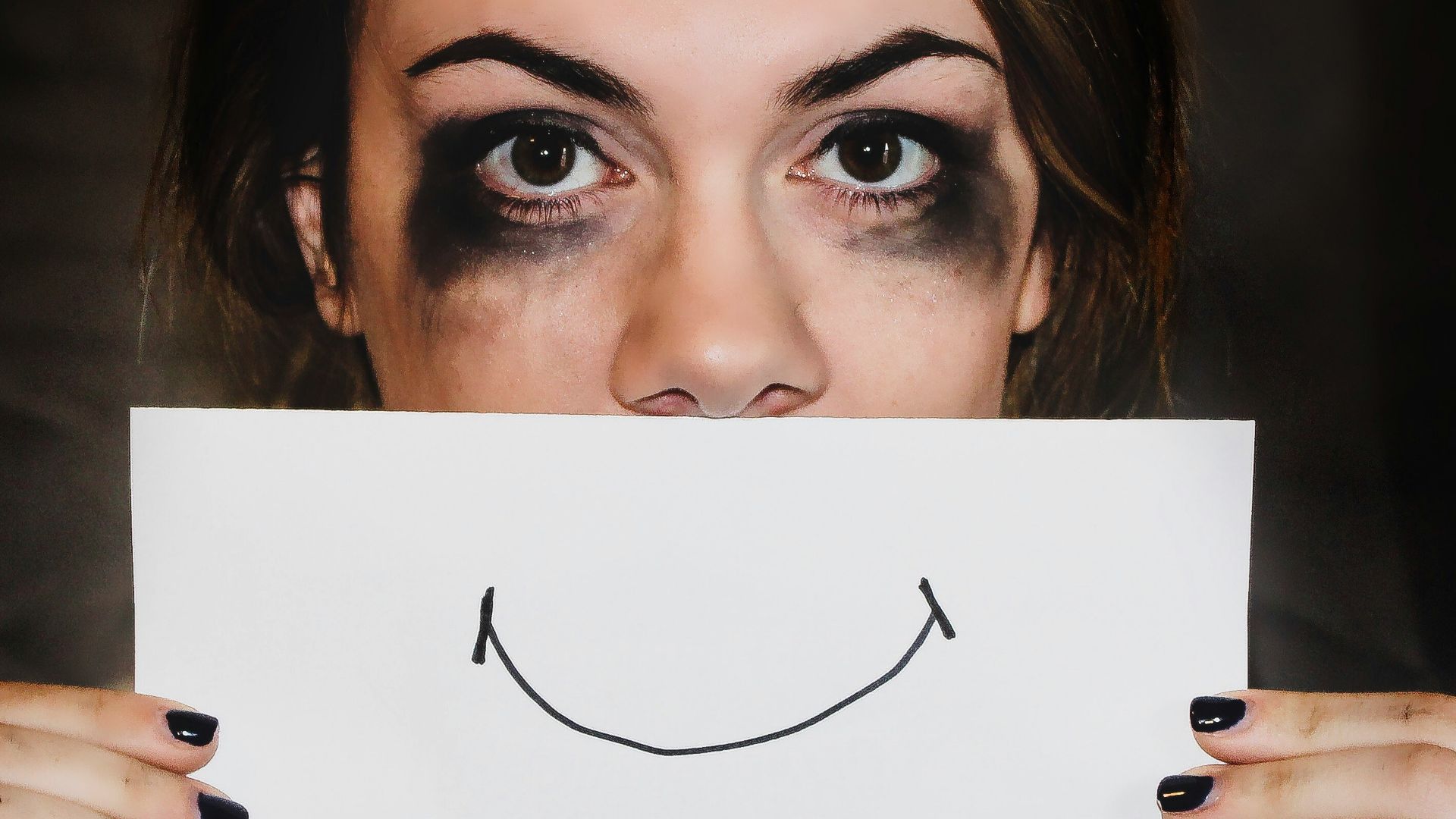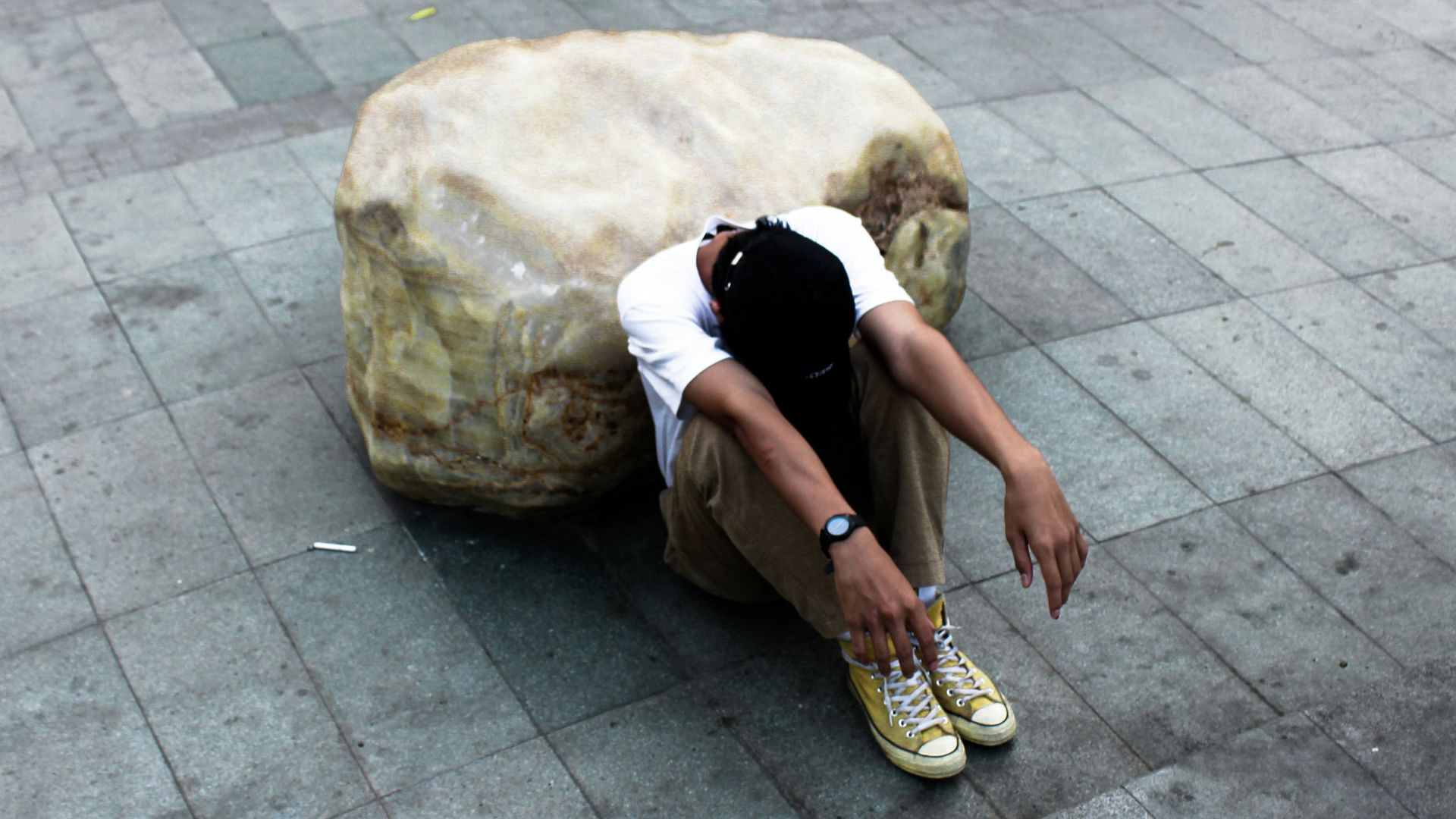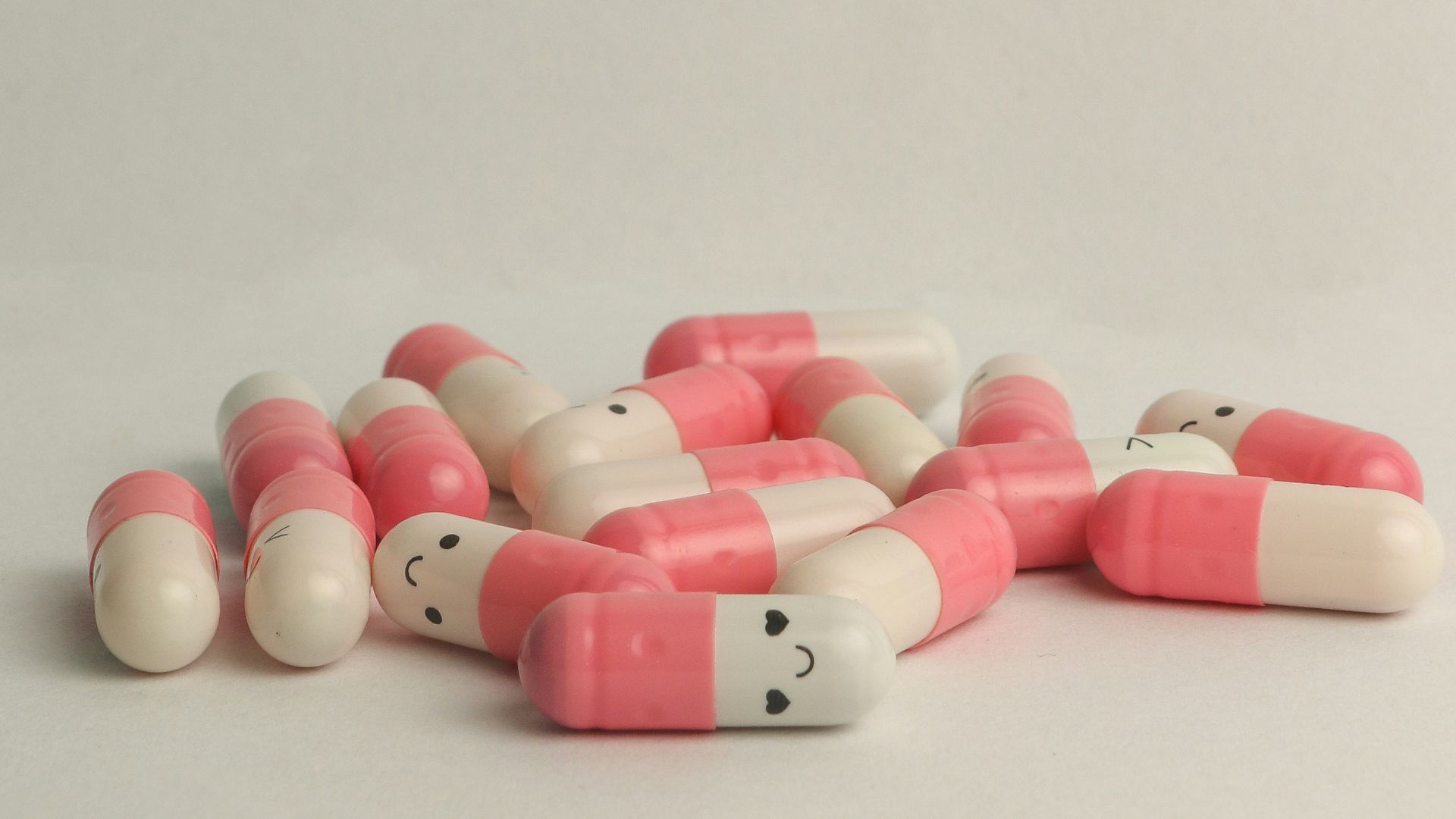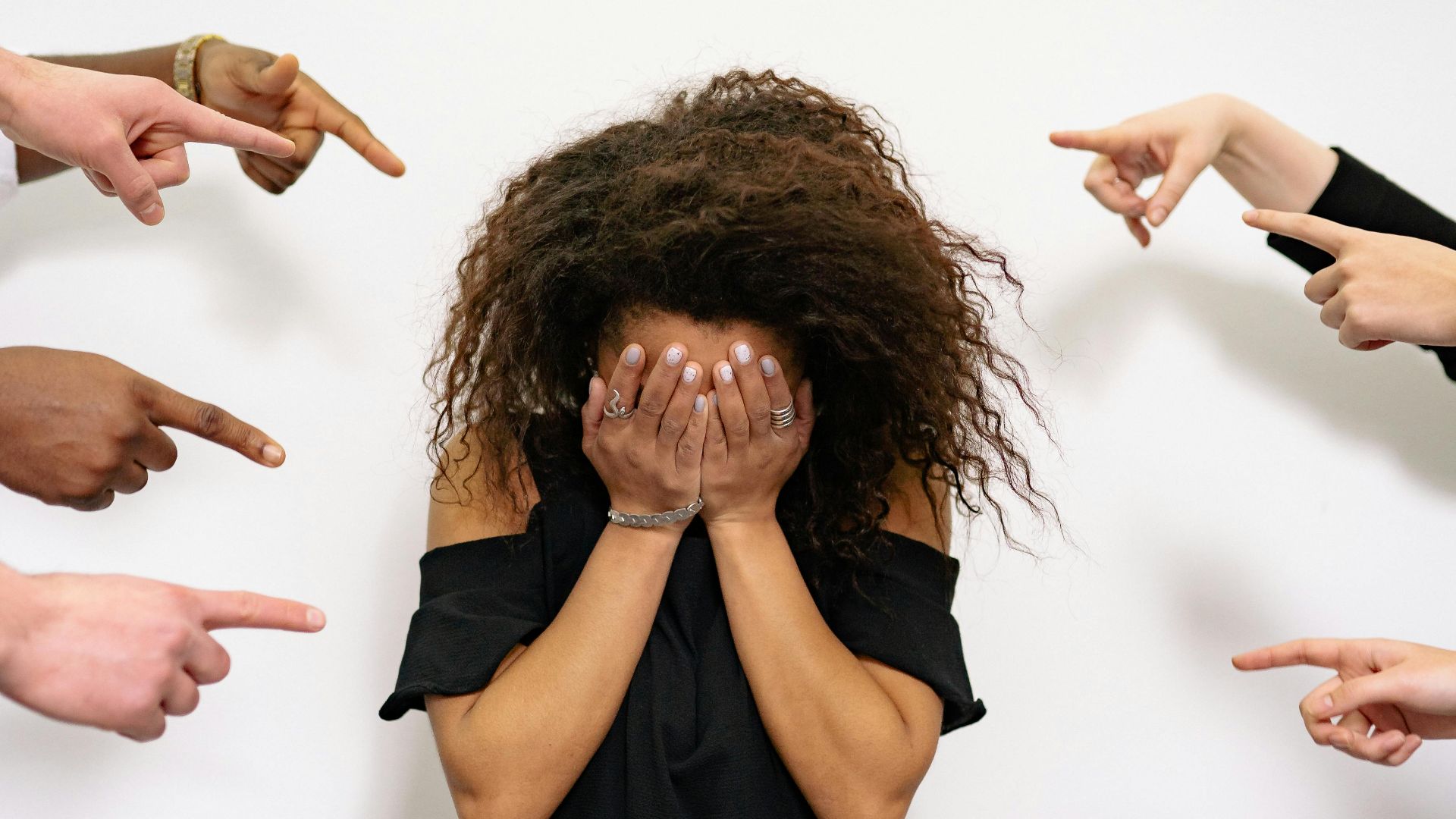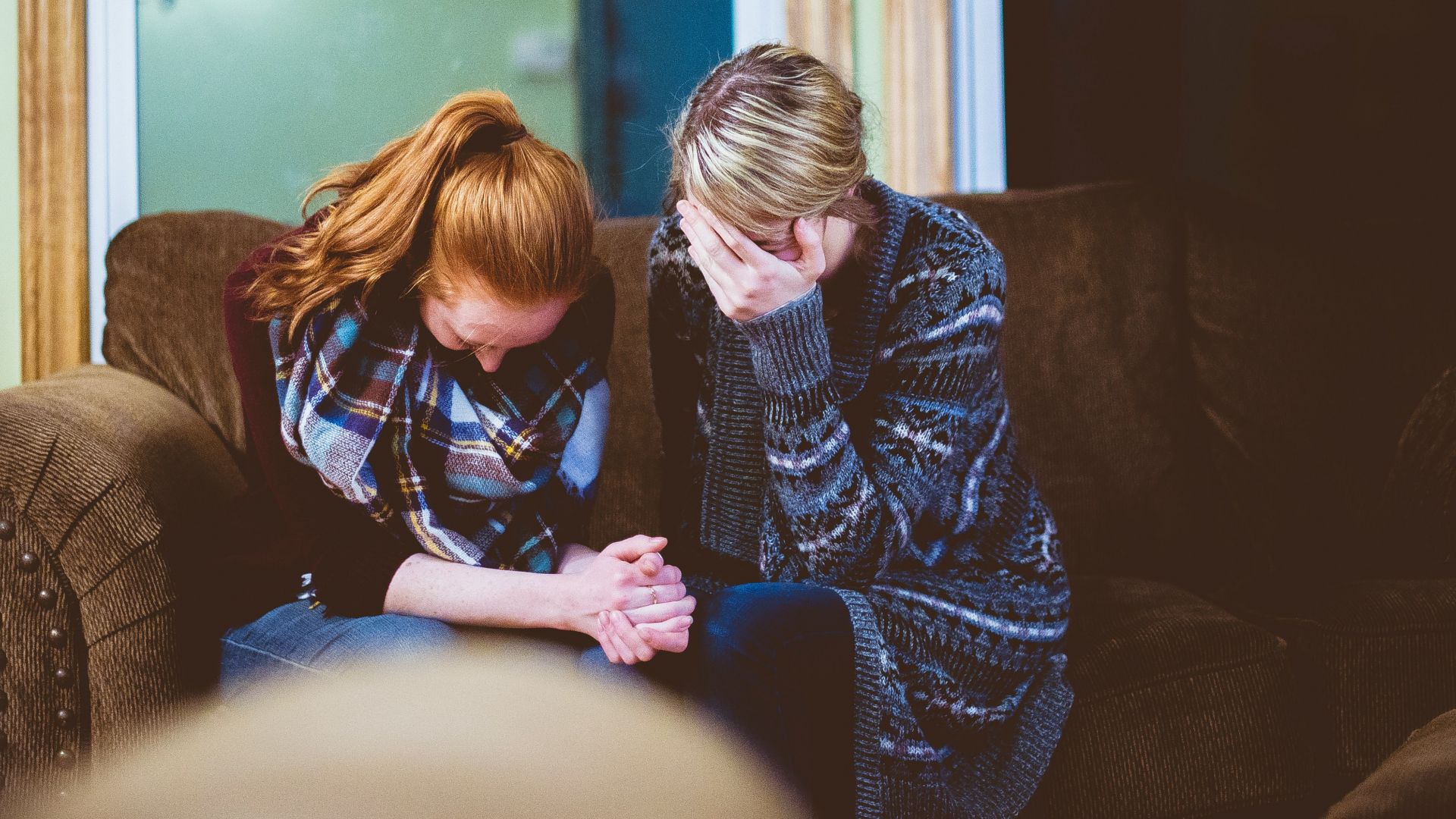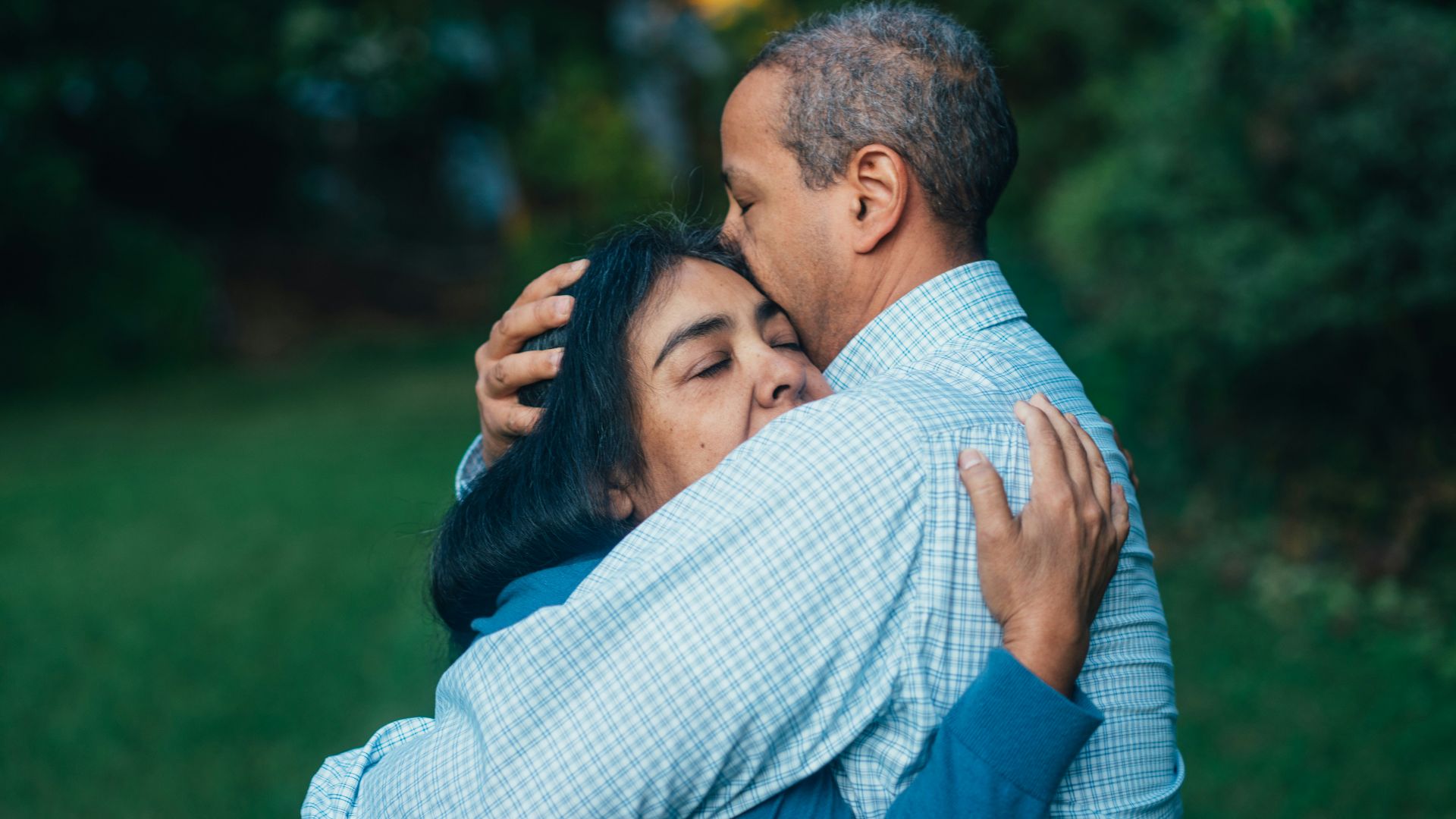10 Things You Shouldn't Tell Someone With Depression & 10 Heartfelt Things To Say Instead
10 Things You Shouldn't Tell Someone With Depression & 10 Heartfelt Things To Say Instead
Not-So-Helpful Advice
According to a study by the WHO, approximately 5.7% of the world's adult population experience depression. Despite this, depression continues to be minimized and misunderstood by those who have the fortune to have never experience this. Depression can have life-altering consequences for sufferers and people around them, so it's important to know how to respond when someone tells you about their struggle.
1. It's All In Your Head
Well...yes, but that doesn't mean it isn't real. Would you tell someone with a broken bone "it's all in your leg"? Phrases like this blame those with depression for their illness, something which they did not ask for and cannot control.
2. Others Have It Worse
What you may intend as a tough-love reality check can make the person feel worse about their battle. People with depression often feel guilt over their own illness, and suffering is not a competition. Things could be worse, yes, but they could also be so much better.
 Vitaliy Rigalovsky on Unsplash
Vitaliy Rigalovsky on Unsplash
3. Have You Tried Yoga?
Depression is a complicated condition and there is no one-size-fits-all cure. Some people may find that yoga or other light forms of exercise helps alleviate some of their suffering, but that is in no way universal. Saying things like this assumes that the other person isn't trying enough.
4. Just Choose To Be Happy
There is no switch in the brain that goes from happy to sad. People don't choose to have depression because they think it's fun or a way to get out of responsibilities. Just like you don't get to choose how tall you are, you don't get to choose how your brain does and does not work.
5. I Know How You Feel
Do you really? Unless you yourself have also struggled with the darkest pits of depression, chances are that you don't know how they feel. Being sad for a few days is not equivalent to battling major depressive disorder.
6. You'll Get Over It
Recovery is not a linear process. For many people, depression is something they will struggle with for the rest of their life. There is no "getting over it"; there is only living with it.
7. You Don't Need Medication
For people who don't struggle with mental illness, it can be easy to see medication as a crutch or a slippery slope towards addiction. Taking medication is not a shameful thing; it does not turn a person into a mindless beige zombie. For millions of people around the world, antidepressants are integral, life-saving care.
8. I Never Would Have Guessed
If someone with depression doesn't "seem depressed" that's likely because they're trying very hard to put on a happy face for others. Invisible illnesses are often seen as shameful, which is why people try to hide them. Depression, like many other illnesses can seemingly go into remission before flaring up again.
9. You Used To Be So Happy
The past tense is doing a lot of heavy lifting here. Even the most happy-go-lucky child can become a depressed adult. Factors such as stress, environmental triggers, and even genetics can play a role in causing depression.
10. Stop Being So Dramatic
Saying something like this is one of the most reliable ways to lose someone's trust. Being depressed is someone acting out or being dramatic; it can lead to them taking their own life. If they're "doing it for attention" that's because they feel like nobody is listening to them.
Now that we've gone over a few things that you should avoid telling someone with depression, here are some alternatives.
1. Thank You For Trusting Me
Opening up about mental health struggle is a big hurdle to get over, and it takes courage to confide in others when you aren't doing to well. Saying something like this acknowledges the bravery the other person is showing in being vulnerable. It also designates you as a safe person that they can continue to confide in.
2. What Can I Do To Help?
Actions speak louder than words. For people with depression, even the most menial tasks can feel like a burden. Offering to come over and cook dinner, help them clean, or even just sit and listen can be an enormous help.
3. Please Reach Out
Some days are going to be worse than others, and, on those bad days, it's important for people with depression to know that they have a shoulder to lean on. being able to talk someone down from a ledge, whether it be literal or metaphorical, can make all the difference.
4. You Aren't Weak
While platitudes about how strong a person is can lead to eye-rolling, reminders that they aren't weak are helpful. Societal stigma can make people with depression think that they have something to be ashamed of. There is nothing shameful about mental illness, and opening up about struggles takes enormous strength.
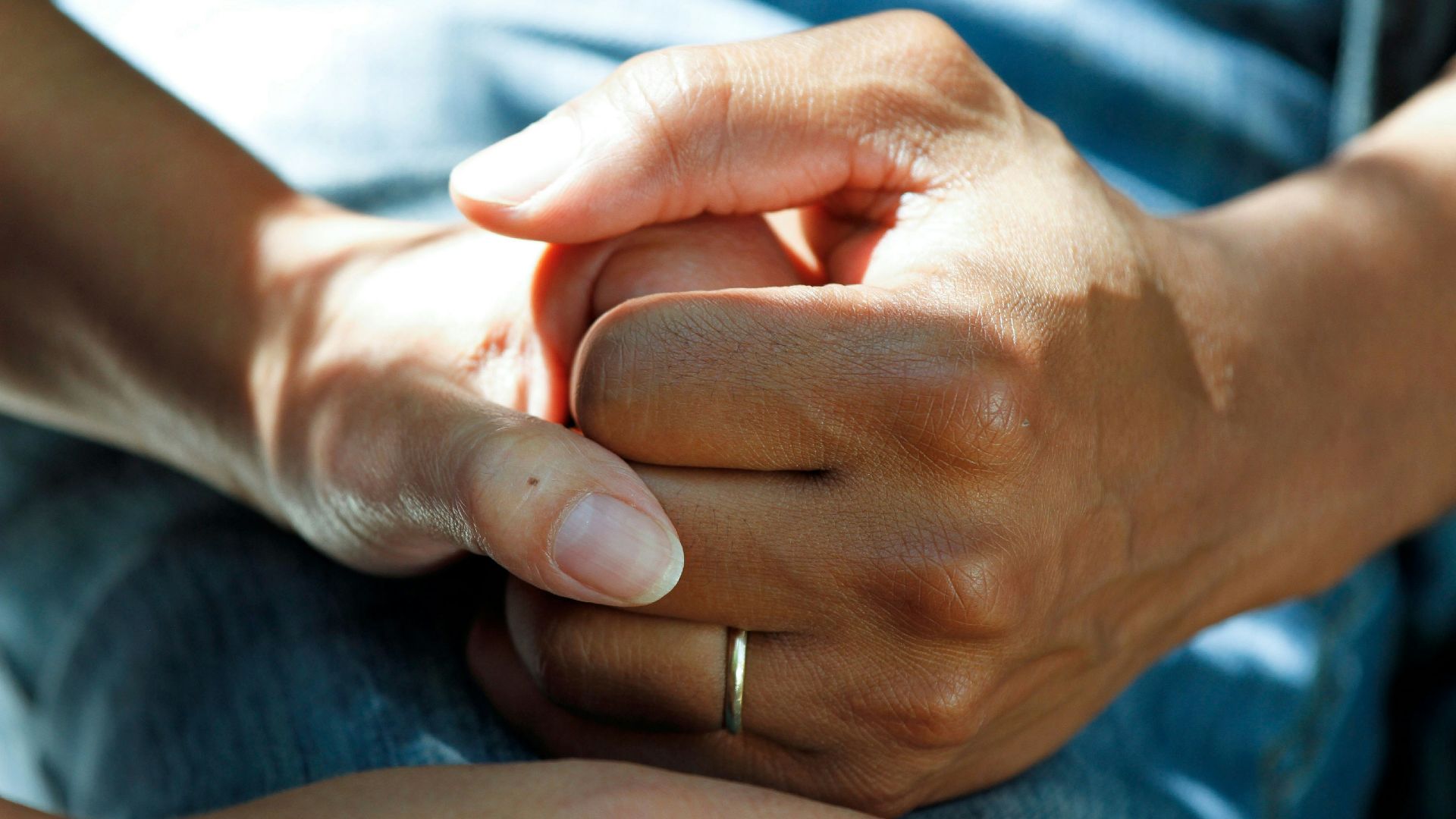 National Cancer Institute on Unsplash
National Cancer Institute on Unsplash
5. Have You Thought About Getting Help?
Admitting that you have a problem is often the first step in getting help. Depression manifests differently in every person, and different treatments can be helpful in different ways. While you may love someone dearly and want to help them, you are (probably) not a licensed healthcare professional, encouraging them to seek professional help with be better for both of you in the long run.
 Christina @ wocintechchat.com on Unsplash
Christina @ wocintechchat.com on Unsplash
6. I Won't Abandon You
People with depression often feel like they are a burden on others. These dark feelings can lead down the path of self-destructive behavior, and knowing that they have someone in their corner can help curb those self-destructive urges.
7. Help Me Understand Your Feelings
Depression can be difficult to understand, and, sometimes, seemingly little things can trigger depressive episodes. Putting yourself in the other person's shoes can help you provide support. The more you know about how depression manifests in them, the better you can be there for them.
8. Do You Want Me To Come Over?
If your loved one is stuck in the house, you can bring a little light into their life by spending time with them. You may want to help them with chores, or you may end up just sitting with them quietly, enjoying each others' company. A lot of people with depression also find body doubling and parallel play helpful: performing a task alongside another person to hold both parties accountable.
9. I'm Sorry That You're Hurting
Mental illness is like physical illness, it isn't something the person chooses to have happen to them, and it's something that deserves to be treated with dignity. You can show your sympathy to someone without belittling their pain.
10. Nothing
Sometimes the most meaningful thing you can say is nothing at all. We're not suggesting that you literally say nothing when someone confines in you about your mental health struggles, but talking over them can do more harm than good. Let them lead the conversation, feel safe, and talk through their feelings.


